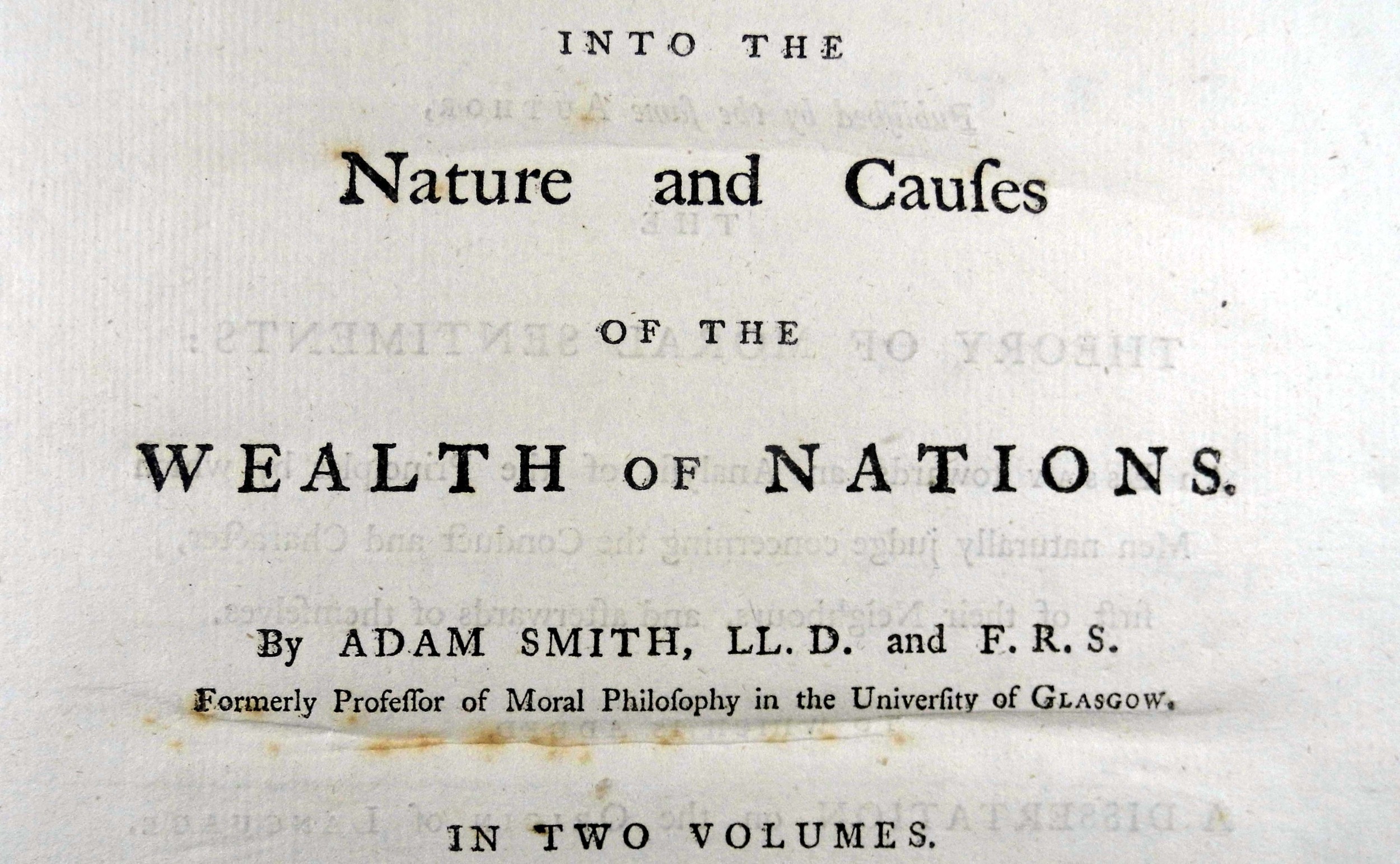Much excitement over in Grauniadland as a new book comes out talking about why that economically rational man so beloved of us neoliberals could not ever be the economically rational woman. Because, you know, women do all that caring and cleaning and stuff for love, not for reasons of calculated rational self-interest:
But a polemical and entertaining new book by journalist Katrine Marçal suggests that Economic Man has another major shortcoming: he’s not, and never could be, a woman.
Hmm. The book's blurb says:
It is not from the benevolence of the butcher, the brewer, or the baker, that we can expect our dinner, but from their regard to their own interest When Adam Smith wrote that all our actions stem from self-interest and the world turns because of financial gain he brought to life 'economic man'. Selfish and cynical, economic man has dominated our thinking ever since and his influence has spread from the market to how we shop, work and date. But every night Adam Smith's mother served him his dinner, not out of self-interest but out of love. Today, our economics focuses on self-interest and excludes all other motivations. It disregards the unpaid work of mothering, caring, cleaning and cooking. It insists that if women are paid less, then that's because their labour is worth less - how could it be otherwise? Economics has told us a story about how the world works and we have swallowed it, hook, line and sinker. Now it's time to change the story. In this courageous look at the mess we're in, Katrine Marcal tackles the biggest myth of our time and invites us to kick out economic man once and for all.
The contention is entirely poppycock of course. For we can only make sense of gender roles and how they have changed within that very concept of economic rationality. The work of Gary Becker explores this world, where the decision to form a family for example, is explained in those rational economic terms. In a world reliant upon human muscle power to feed itself (ie, all of history until the tractor) there was obviously going to be a gender divide in who did what. And as the biologists tell us it really does take two to raise a family (historically one agricultural labourer could produce enough in a year to feed 1.7 to 2.3 people in total). So many other things about men and women only make sense if there is a division of labour (as Smith repeatedly pointed out, this is the basis of wealth creation) and trade in the subsequent produce. "Hunter Gatherer" as a decription of pre-agriculture societies is in itself a gender distinction of roles on the grounds of comparative advantage (which is all about David Ricardo).
We might also look at the work of Amartya Sen and Joe Stiglitz on the Sarkozy Commission. One of the questions they considered is what is the economic value of that unpaid household production that women tend to do? Given that it is undifferentiated labour (while there is that gender divide the specialisation and division rarely extends beyond two people) then it should be valued at the undifferentiated labour rate: minimum wage.
So two of the founding figures of economics address exactly this point, Smith and Ricardo, three Nobel Laureates point out the implications and then some journalist comes along to shout that of course economic rationality doesn't apply to women?
Yes, we'll probably file that under poppycock.
Quite apart from anything else it's impossible to explain the changes in society in the past century without using that structure of economic rationality. Why have fertility levels fallen so much? Because children now generally survive into adulthood, the name of the game is to have grandchildren, thus one needs fewer children to have them. Why have male happiness rates stayed largely static while female ones have fallen as they gain ever more choice over their lives? Because having more choices means that the opportunity cost of making any single one of them rises. Why have female paid working hours risen? Because automation has meant that the gender division of labour based upon muscle power is no longer useful.
You simply cannot explain this modern world without that assumption that we're all, men and women together, acting as economically rational beings to at least some extent. For, as Marx pointed out, the level of technology determines social relations: the inventions of the reasonable cooker, the microwave, the vacuum cleaner, the washing machine, the steam iron and so on quite killed off the servant class just as one example.
Sorry, but the concept that there's a male world which is economically rational and a female one that isn't is simply poppycock. Otherwise we wouldn't be in a world where one female journalist writes about a book by another one instead of them both being tied to the domestic treadmill in that game of producing grandchildren.














